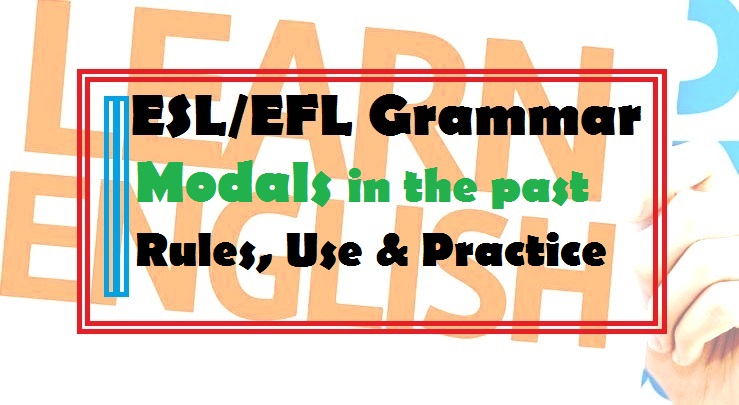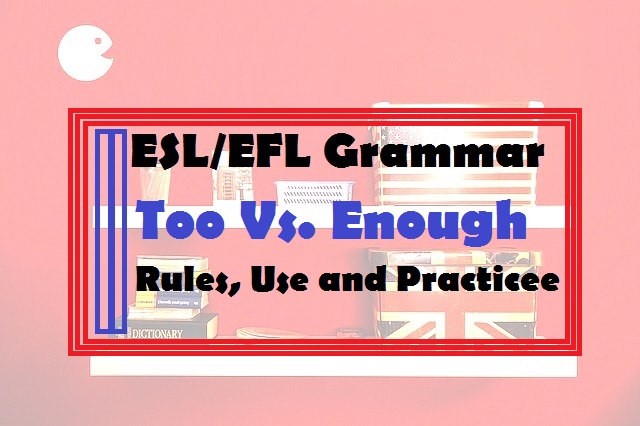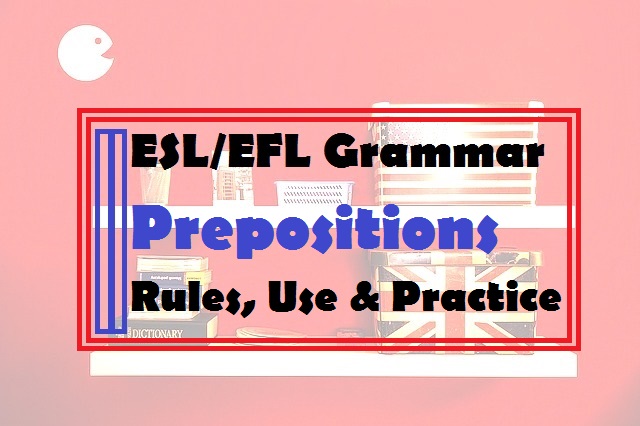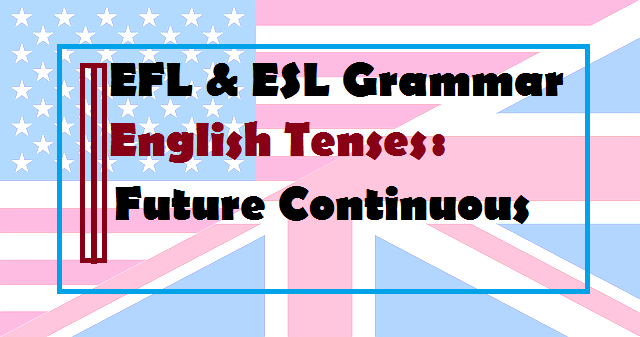The use of modals in English (EFL/ESL Grammar: rules, use, and practice) modals in the past
Before reading this lesson. Please, check the link below about modals in the present. It is an introductory lesson that provides the basics of using modals in the English language.
Modals in the past are not different from modals in the present. Actually, there are the same modal auxiliaries used to refer to past actions and statements.
As you see below, modal auxiliaries in the past take the following form:
I should have completed my exercises.
| Subject + modal + have + past participle of the verb |
| Modals | Used to express | Examples |
| Had to | Obligation in the past | I didn’t find my book. So, I had to buy it. |
| Could | Ability in the past | When I was a child, I could run very fast. |
| Couldn’t | Inability in the past | When I was a child, I couldn’t lift heavy things. |
| Needed to | Necessity in the past | Yesterday, I went to the grocery store because I needed some tea. |
| Didn’t need to | Lack of necessity in the past | I didn’t need to call her because I spent all week with her. |
| Modals | Used to express | Examples |
| Should have | Advice in the past / regret in the past | You should have done your homework. I should have visited the doctor earlier. |
| Shouldn’t have | Advice in the past / regret in the past | You shouldn’t have wasted your time. I shouldn’t have said such things to her. |
| Must have | Obligation in the past | You must have completed your studies. |
| Must have | Certainty in the past | You must have been tired when you came from work. |
| Could have | Possibility in the past | I could have chosen Physics. But, I chose Math. |
| Would have | Willing in the past | I would have gone to the beach If I had had time. |
| Might have May have | Probability in the past | He was late. he might have visited his friends. |
| Can’t have | Impossibility in the past | He can’t have been sick. I saw him at the market in the morning |
| Mustn’t have | Prohibition in the past | You mustn’t have thrown the garbage there. It is a public place. |
Check modals in the present
Take Quiz Check your understanding here ...

Comments







